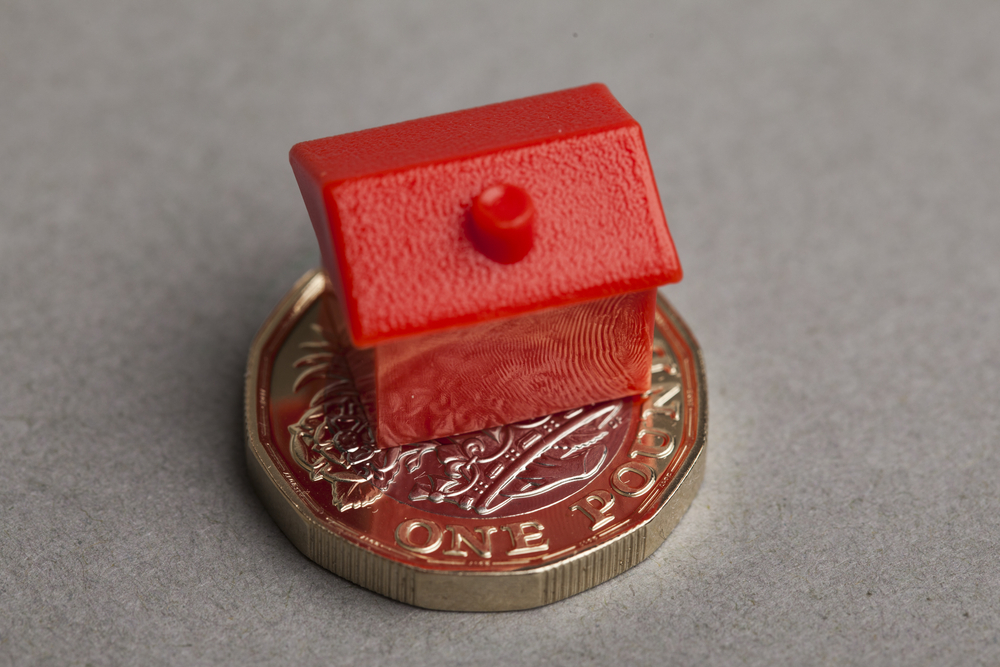First-time Buyer
First-time buyers face mortgage payments 20% higher than start of year

New first-time buyers are having to spend £163 extra each month on their mortgage payment, compared to the start of the year.
The combination of record house prices and interest rate rises mean the average buyer getting their foot on the property ladder is paying £976 per month on a two year fix – a 20% increase since the start of the year.
It comes as average house prices set a fresh record at £369,968, up 0.4% in the month (+£1,354) and 9.3% over the year. According to the Rightmove House Price Index, this is the sixth consecutive record this July.
Rightmove said the house price growth – even at a time when personal finances are stretched amid the cost-of-living crisis – have been fuelled by a continuing desire to move and low numbers of homes for sale.
Buyer demand was still exceeding historical levels, coming in 26% higher than at the same time in 2019. However, it is 7% down compared to June 2021.
It said there are “signs of the seriously depleted stock situation improving” as the number of sellers also increased 13% compared to the same period last year. But, the number of available homes for sale is 40% down in relation to 2019.
However, demand is likely to return to more normal levels in the second half of the year due to the rising cost of living and affordability concerns, though “the prospect of further interest rate rises may drive some to act now to lock in a longer fixed-term mortgage rate” .
Rightmove said this is even more likely because the gap between interest rates for shorter and longer-term mortgages has been closing in recent years, and they are now virtually the same.
For example, the average interest rate for a 75% loan-to-value mortgage is now 2.9% for either a two-year or five-year fixed deal. Historically, lenders offered a lower rate on a two-year fix, with a difference of as much as 1% between the two deals over the past five years.
Tim Bannister, Rightmove’s director of property science, said: “The challenges presented by rising interest rates and the cost of living will no doubt have an effect throughout the second half of the year, as some people reconsider what they can afford.
“However, there is also anticipation among would-be home-movers that personal finances may become even more stretched in the coming months, with further interest rate rises expected and the energy price cap jumping again in October.
“Given the political and economic uncertainty at the moment, those who want to move this year, particularly first-time buyers, may seek some financial certainty by locking in longer fixed-rate mortgage terms now before their monthly outgoings increase again.”
Rightmove said that in light of slow stock recovery it was revising up its 2022 price forecast, with 7% annual growth expected by the end of the year. This is up from its 5% prediction at the start of the year.
Bannister added: “With such an imbalance remaining between supply and demand, prices look underpinned, and we would therefore only expect typical smaller seasonal month-on-month falls, rather than more significant price falls in the second half of the year.
“This has led to us revising our annual price growth prediction for the end of the year from 5% growth to 7%, although this would still mark a slowing from the 9.3% seen this month.”